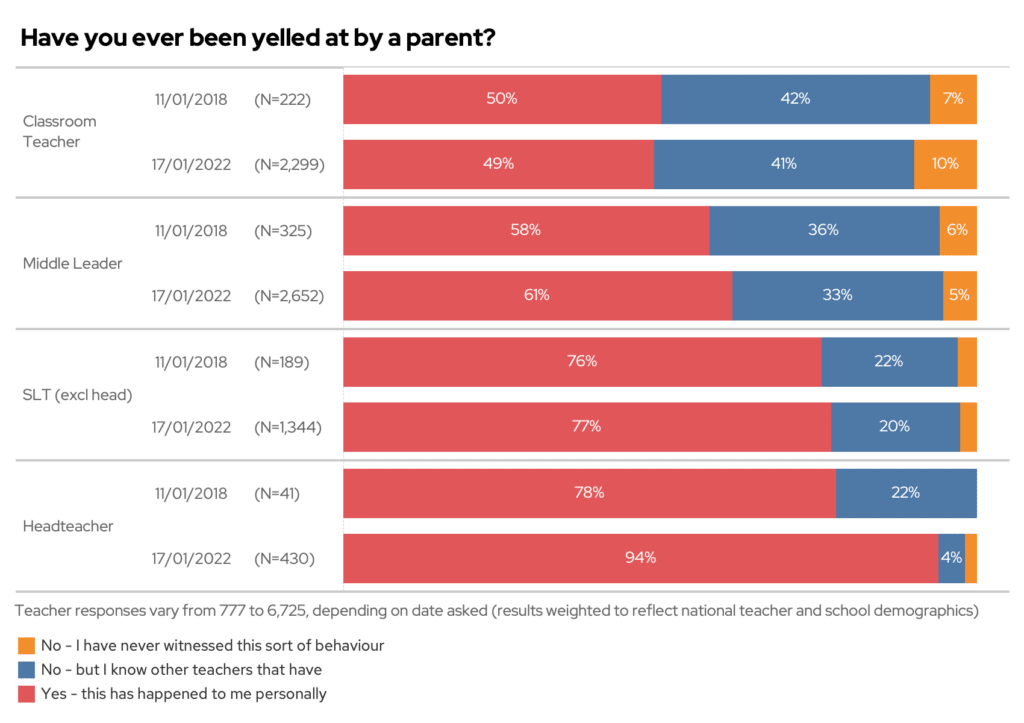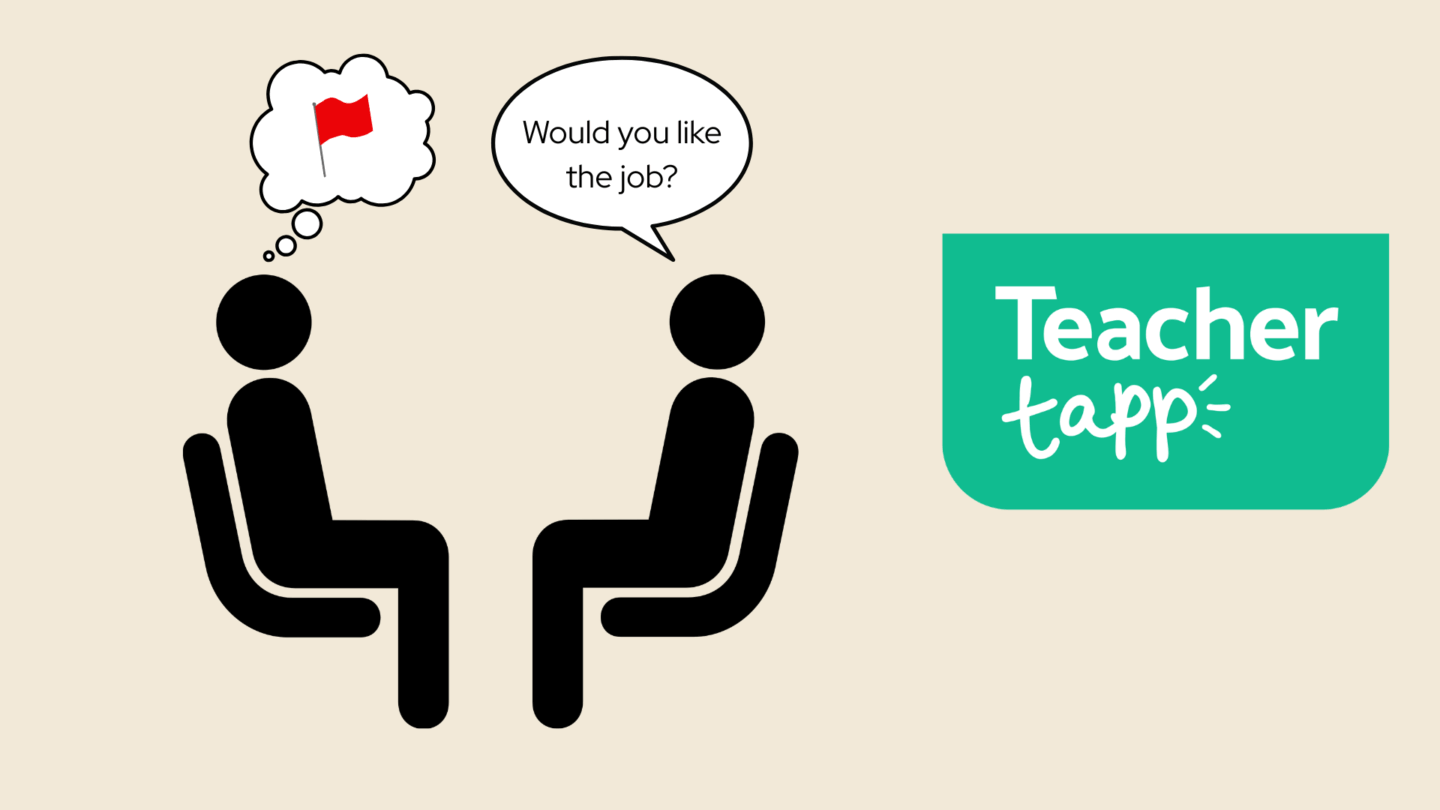Jump to section:
1. A way to reduce workload in primaries?
Secondary teachers marvel at primary teachers for many reasons, but one is the sheer amount of subjects that each teacher is expected to cover. After all, the national curriculum is very broad!
One thing we’ve often pondered is whether a way to reduce some of the workload in primary schools would be to have teachers receive more planning/marking time in return for specialist teachers taking over more of their classes. But, which classes would this work for?
When asked, there were three subjects where more than half of primary teachers thought pupils would be best served by a specialist: Languages (79%), Music (75%) and PE (64%).
More experienced teachers have clearly honed their art 🎨 skills, though, as just 27% of teachers with 20+ years experience wanted art to be taught by a specialist, compared to 38% of new teachers. On the other hand, newly qualified teachers felt more able to teach IT / computing.
Of course, many primary schools already do have specialists covering these subjects during PPA time – but could more be done?

A more radical solution might be to remove a subject altogether! However, almost two-thirds of teachers would not want to see anything go.
Of those keen to elbow out a subject, the most popular answer was languages, which was popular across all four quartiles of affluence. (Q1 schools are in the wealthiest areas, Q4 are the least). Given that last week’s results showed that secondary MFL teachers were largely unconcerned about pupils arriving without prior knowledge of their subject, you can see why this might be the case!

2. Did the pandemic make parents shoutier?
During the lockdowns parents were closer to their kids’ education than ever before, but less able to access teachers face-to-face. Did that mean they resorted to louder tactics to make their voice heard?
Headteachers are the group most likely to have been yelled at by a parent. And primary colleagues are particularly prone to outbursts.
Over half of primary classroom teachers said that they had been yelled at by a parent, and 95% of primary heads reported the same! That said, secondary heads don’t fare much better – with 88% of secondary heads being on the receiving end.

Several of you had inquired if parent outbursts had become worse during the pandemic. Sadly, that does seem to be the case.
Back in 2018, the results were broadly similar overall, with 58% of you saying you had been yelled at by a parent (it’s 59% now).
But heads have taken a serious whack. Where 78% reported getting an earful in 2018, it’s up to a shocking 94% now. Hence, if you’re a school leader, and you’ve taken an earful in the past two years, you are far from being alone.

3. What’s the point of curriculum?
One of Ofsted’s big drives is that teachers should be able to explain the intention behind the curriculum they are teaching. But how realistic is this?
Just 28% of you said that you could completely explain the intent of your curriculum if you were asked to do so.
The score was higher for secondary middle and senior leaders and slightly less true among primary teachers.
The most confident were the headteachers. In primary, 40% of heads say they can completely explain the ‘intent’ of their curriculum, and in secondary it was 49%.
Classroom teachers appear the least sure of the ‘intent’ – although it is worth saying that only 10% of classroom teachers reported not being able to explain the ‘intent’ at all. 90% could still at least somewhat explain.

As for the level of challenge in a lesson, it appears that the maths teachers are pushing the furthest boundaries. 31% said they strongly agreed that they deliberately included hard material in a lesson in order to challenge students.
Note the jump between primary and secondary on this. In primary, fewer teachers said they were deliberately including hard materials to challenge lessons than in almost any secondary school subject. What is the reason for this shift? And could this be yet another reason why pupils find the transition from primary to secondary to be difficult?

4. A four-day week?
Last week, a four-day working week pilot was launched in the UK, prompting the question of whether the same could happen in schools, leading to interesting Twitter conversations.
We’ll be asking more on four-day weeks in the future but, in an ideal world, 56% of you would decrease your hours if you could, with just 3% of teachers wanting more hours.
Decreasing hours was more popular among older teachers – with 62% of teachers in their 50s+ wanting this, compared to 48% of teachers in their 20s.
Would a 4-day week help keep people in the profession? Or is there a danger those in their 20s end up working that extra day in another job and run off into a different career anyway?!

Finally… we know you love the daily read, so here are the ones from last week
The most read tip from the past week was: How routines can improve class behaviour – even if they’re resistant!
And here are the rest for your reference:





